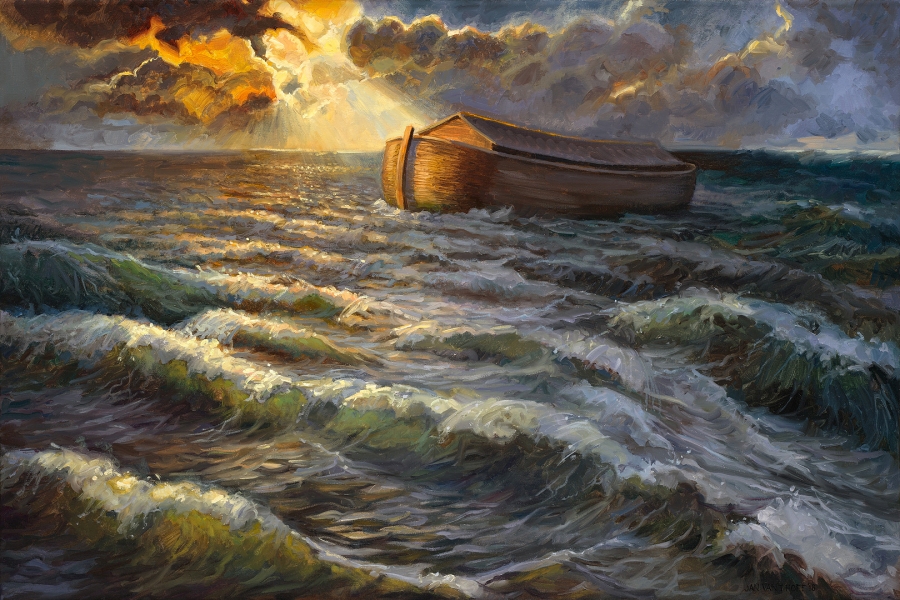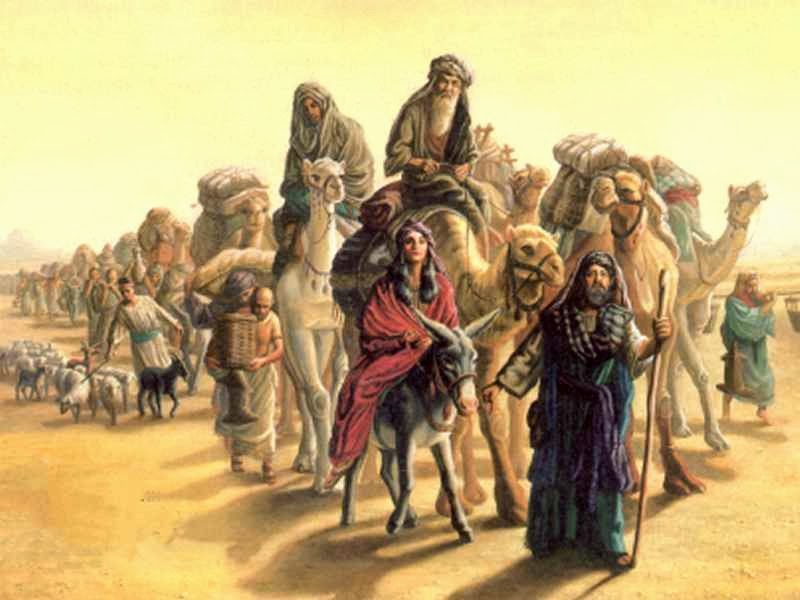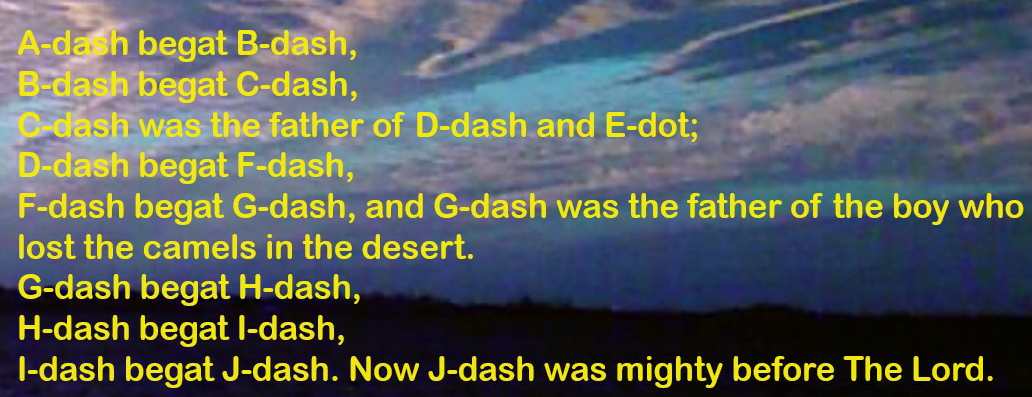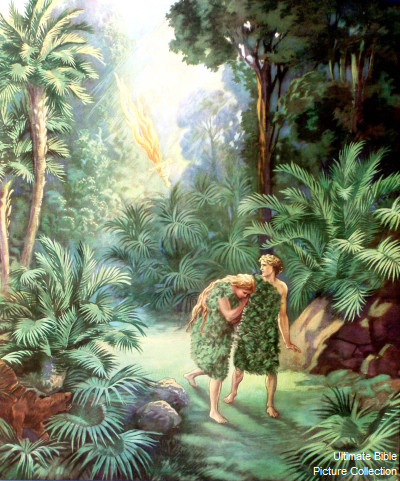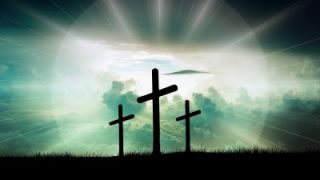Saving the world – the flood.
When we think about the flood story, we usually think about an angry God having a divine dummy-spit and destroying everything he had made – except for a few people and livestock. But is that really how the Bible tells the story? To get a better understanding, let’s first take note of a very odd turn that occurs between chapters 5 and 6 of Genesis. If we start at the end of chapter 5 after the family tree details, we find a bloke called Lamech looking for comfort: “When Lamech had lived 182 years, he had a son. He named him Noah, saying, “This one will bring us comfort from our labour and from the painful toil of our hands because of the ground that the LORD has cursed.” But by the end of this passage, God is getting ready to destroy the whole world. “I will wipe mankind, whom I have created, from the face of the earth–men and animals, and creatures that move along the ground, and birds of the air–for I am grieved that I have made them.” Some comfort, indeed. First let’s note that there’s a little play on words in the Hebrew text here. When […]
